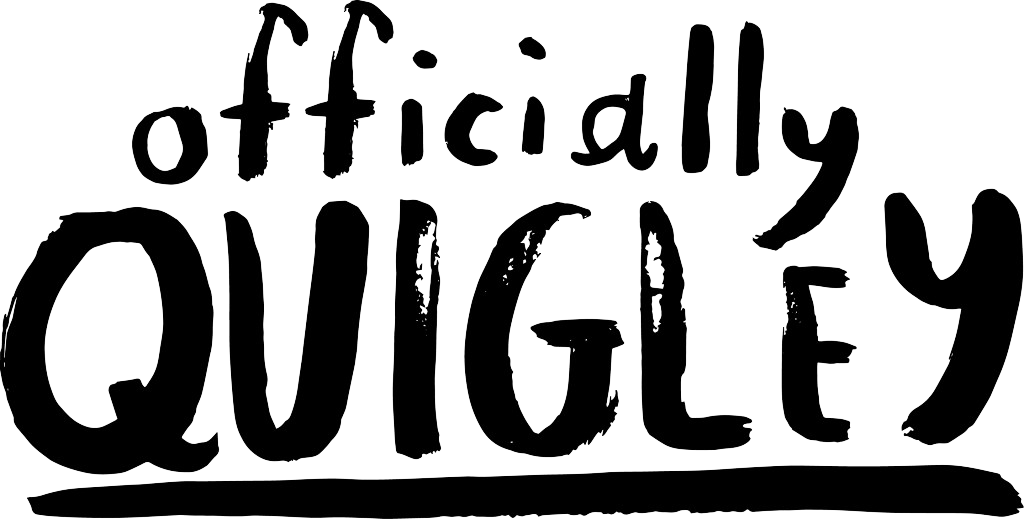Why Improving Your Confidence Matters
Quigs here!
The concept of confidence and self-esteem is a topic that has interested me for quite some time. After doing some research, I’ve decided to make a 3-part series all about what I discovered. This is part one - and it’s all about WHY having confidence matters.
Before I get into the nitty gritty, I want to lay out a couple of terms that often get mistaken for one another but mean something a little different.
1. Self-Esteem: refers to how you define your overall worth. This term is used in Maslow’s Hierarchy of Needs - and improving your self-confidence (see below) can contribute to an overall increase in self-esteem.
2. Self-Efficacy: refers to your belief in the ability to accomplish specific tasks. If you have low self-efficacy you will put LESS effort into a task because you BELIEVE you won’t be successful at it. (this term was defined by Albert Bandura)
3. Self-Confidence: refers to your overall belief in the likelihood to accomplish a goal, based on past experience. Both self-efficacy and self-confidence are rooted in experience, but self-confidence is the broader view of yourself.
Confident people are visionaries, thought-leaders, and overall positive influences on society. They draw others in, spark inspiration and invention, and are looked at in high-regard. Now, confidence isn’t innate or genetic - it is learned! Scientists actually study what confidence does in our brain.
When we feel confident, our body uses circuits that encompass pleasure and reward triggers, making us feel physically good. This in turn, makes others around us feel the same way by feeling more engaged to us. By experiencing confidence, we become more self-aware, which then leads to us being able to self-correct negative thoughts, self-indulgent actions, or bad habits.
Not only is confidence important to learn because of the physical and social benefits, it also creates a healthier mental process, enabling us to experience an overall increase in how we feel and act with the world around us.
Below are some of the amazing articles I used to write this post! :)

